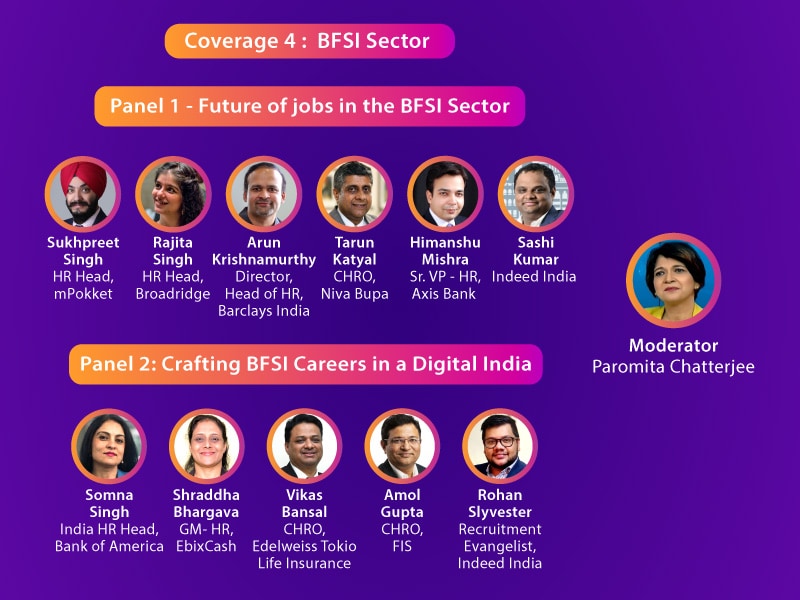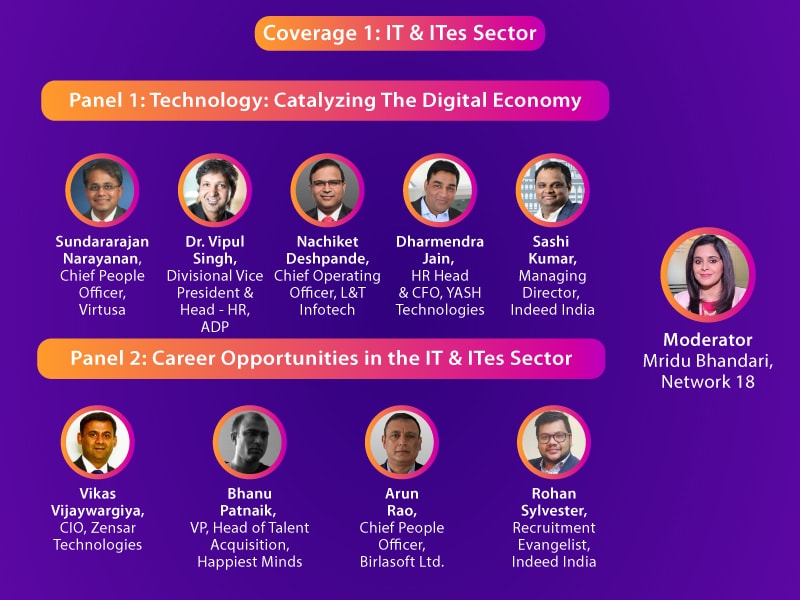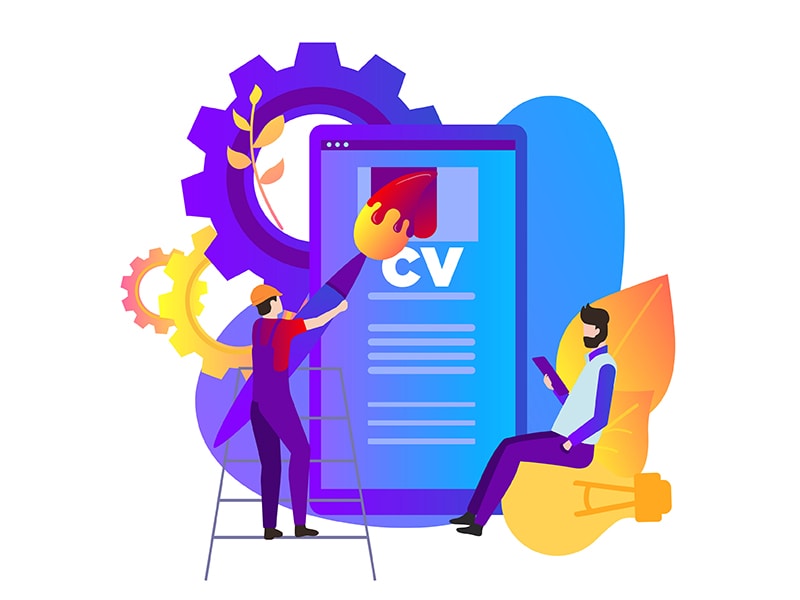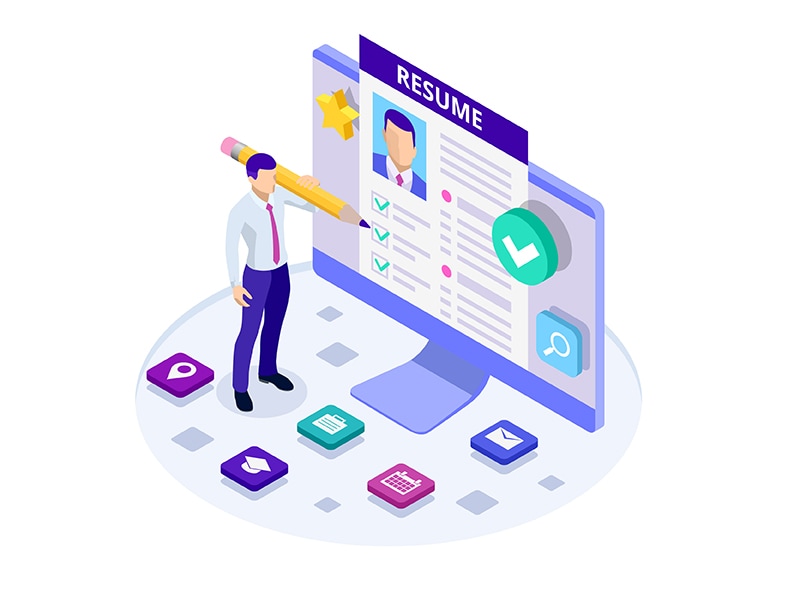Soft Skills to Accelerate Your Career Growth

Excelling in technical skills is essential, while pursuing any career. However, if you’re looking to carve out a career path in the competitive job-hunt race, it pays to work on developing your soft skills. These revolve around personal attributes that enable you to engage in productive interactions with your colleagues.
Soft skills: What are they?
Behaviors pertaining to varied situations, personality traits, attributes, interpersonal skills, personal habits, communication skills, and the like, broadly constitute soft skills. They are typically labeled as your ‘people skills’.
Some of the most desired soft skills that act as a power booster in the professional world include
- Effective communication skills
- Research
- Leadership
- Creativity
- Flexibility
- Problem-solving
- Conflict Resolution
- Teamwork
- Adaptability
- Dependability
- Integrity
- Work Ethic
Why are soft skill so essential?
Beyond having adequate technical capabilities, personality skills go a long way towards gaining valuable offers in the job market. They play a key role at all stages of a job-search, from resume-writing to the interview process and beyond.
Job postings often contain sections labeled ‘required/desired skills’; these are the soft skills the employer is looking for in potential candidates.
Quite often, there is a common set of soft skills which are required across careers and industries. Demonstrating certain soft skills in a resume and during an interview process are a great way to capture your potential employer’s attention.
Key soft skills that add value
[1] Effective Communication Skills
These refer to your ability to put forth your ideas, thoughts and arguments in an effective and straight forward manner, without offending anyone. Employers especially value those candidates who can tactfully and skillfully deviate from conflicts while disagreeing with countering opinions.
Associated skills:
- Organization skills
- Confidence
- Active listening
- Resolving conflicts
[2] Creativity Skills
Candidates possessing these skills are able to innovatively suggest solutions for problems in novel ways. With the increasing automation of repetitive tasks, employers value applicants possessing creative-thinking skills.
Associated Skills:
- Taking calculated risks
- Having a curious eye
- Open-mindedness
- Learning from others
- Brainstorming
[3] Problem-Solving Skills
Those quickly and easily able to analyze situations and devise ways to resolve issues at hand are essentially problem-solvers. They tend to be decisive, critical-thinkers, explorative, and ever-curious by nature.
Associated Skills:
- Risk Management
- Teamwork
- Research
- Creativity
[4] Work Ethic
This skill must span across all industries and levels of seniority and must be continuously worked upon. It describes the ability to follow-up on assigned duties and tasks in a timely and rewarding way, thereby increasing the marketability of a candidate.
Associated Skills:
- Persistence
- Integrity
- Time Management
- Attention to Detail
[5] Adaptability
This indicates your willingness and ability to adapt to changes in the work environment. Candidates that are capable of embracing changes and challenges with an optimistic and resourceful outlook create a lasting impression and enhance their employability to a great extent.
Associated Skills:
- Flexibility
- Optimism
- Consistency
- Organization
Soft Skills: How to Improve Them?
Here are 4 vital ways to enhance your soft skills:
- Practice a skill you wish to improve on and be consistent in your effort
Developing a consistent practice routine will help you improve your chosen soft skill. An example would be practicing your time management skills at work as well as at home. Try multi-tasking and time yourself, work on improving your punctuality, take things slow then gradually increase your workload, try finishing tasks way before self-assigned deadlines.
- Take inspiration from Positive figures in your life
You are bound to know people who are skilled in certain interpersonal arenas that you wish to home. Derive inspiration from them by following their example or incorporate some of their practices into your daily routine. That’s a great way to kickstart your improvement process.
- Browse Through Helpful Resources
There’s a vast reserve of self-help knowledge on soft skills all over the internet, consisting of journals, newsletters, books, magazines, podcasts, MOOCs, etc. Many of these are free and can be accessed at your leisure.
- Setting Goals and Milestones Helps
If you’ve heard of SMART goals (specific, measurable, achievable, realistic, and timely), try incorporating those in your learning process. Keep track of your personal progress by checking work performance reviews, taking constructive criticism from colleagues or friends, conducting a personal SWOT analysis, etc.
Showcasing your soft skills
Resumes
Putting a separate section in your resume on the soft skills that you possess could make a good impression on your potential employer. So, for instance, you could put ‘Additional Skills’ right below ‘Technical Skills’ make a point.
Technical Skills: MS Office Suite, Adobe Photoshop, Python
Additional Skills: Strong Communication and Decision-Making skills, Creatively-inclined
Cover Letters:
While summarizing your profile in your covering letter, you could include at least one relevant soft skill that potentially aligns the company’s goals, values, and/or mission to yours. For instance:
In my previous position as HR Manager, I was able to successfully perform time-sensitive tasks and maintain efficient records of candidate details using a Content Management System. This helped streamline the company’s hiring process, garnering praises from my colleagues and the administration.
Soft skills for a strong impact
The reason they are referred to soft skills is not to undermine their importance but to highlight the fact that they soften obstacles and melt away barriers, making it easier for you to progress on your path, unhindered.







